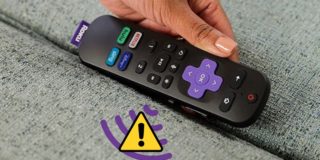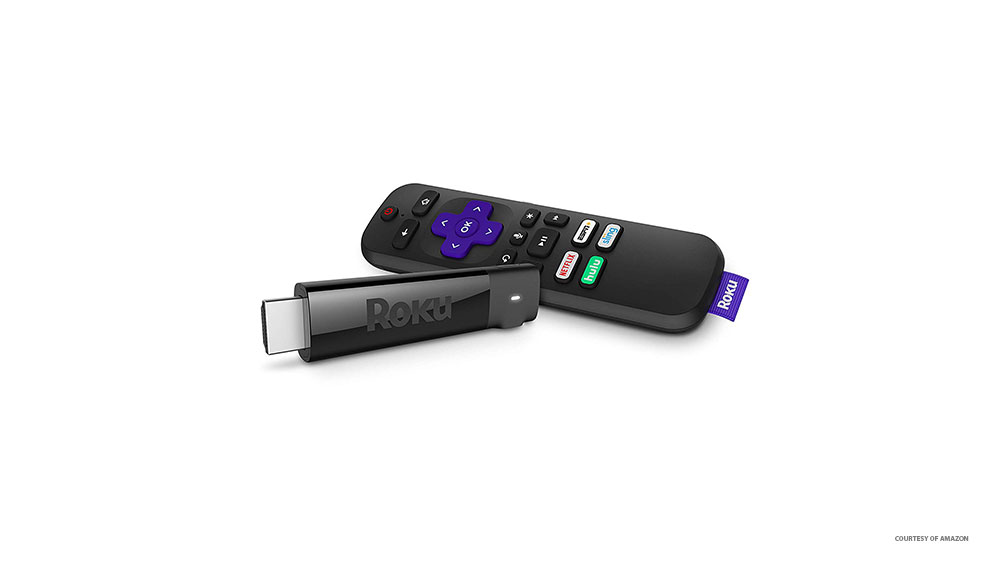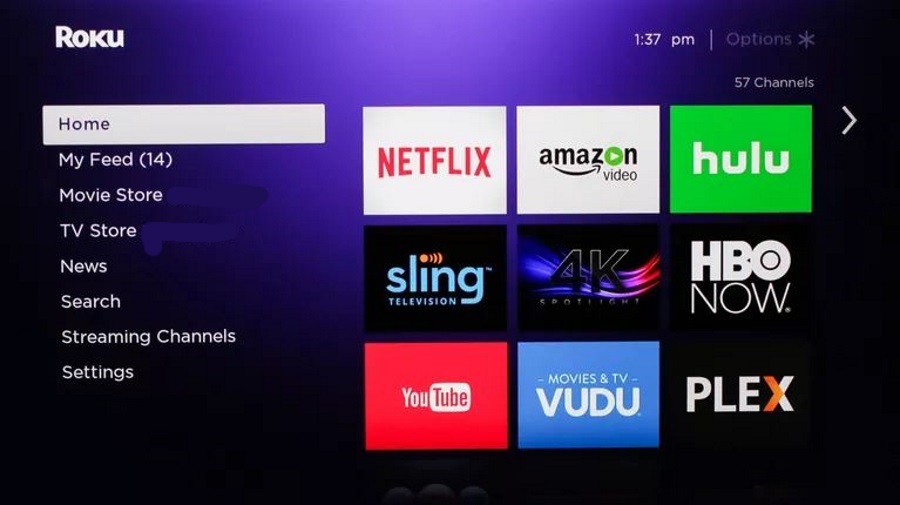How to Enable 4K on Roku TV

4K technology is all the rage nowadays. Naturally, you know that what it essentially does is making the picture on your TV look, well, better and crispier. So, what’s 4K all about? Well, it’s much simpler than you may think. Remember the good old 1,920 x 1,080 resolution? Yes, it was at the top of the game for a while.
So, what’s 4K? It is a fancy name for the 3,840 x 2,160 resolution. So, how can you enable it on your Roku? And how does it work with HDR?
What Is 4K Ultra HD TV?
Most modern Roku devices are advertised as compatible with 4K Ultra HD TV technology. Sure, it all sounds very innovative and advanced, but what does it really bring to the table?
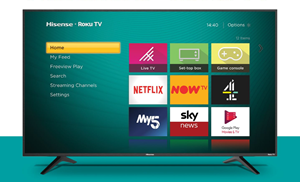
Well, first of all, it offers a superior resolution and a remarkable viewing experience. Some people are more than happy with 720p (1,280 x 720) resolution at the moment, while others are quite rigorous about all their streamed and downloaded content and prefer it in 1080p (1,920 x 1,080), so you can only imagine what the new 4K (2160p, as some call it) brings to the table.
Yes, the answer is: ridiculously good resolution, to a point where you may wonder if your eyes would be able to comprehend the difference if and when 8K becomes a trend. Don’t worry, many people are wondering the same thing, some even claim that there is no more use in perfecting the resolution in TVs and screens in general.
4K and HDR on Roku
If you’ve been window shopping for a Roku device, you’ve likely noticed the “4K HDR” certifications everywhere. You were also unable to find these two terms separate; HDR simply goes everywhere with 4K. So, does HDR boost the 4K resolution on Roku devices even further?
No, it doesn’t. In fact, HDR has nothing to do with resolution. HDR, or High Dynamic Range, essentially boosts picture colors and contrast. This means that dark areas will be able to go darker, while the bright areas will be able to go brighter. All of this allows for a wider color spectrum.
But what does this have to do with 4K? Well, HDR is still a cutting edge technology and it’s pretty much only available with 4K compatible devices.
Requirements
Naturally, if you want to stream 4K content, you’re going to have to meet a list of requirements.
Let’s start with the TV. If you own a Roku TV that supports “4K HDR” (you’ll see this printed on the package, maybe even on the TV itself), you’ll be able to play 4K with no fuss. If you aren’t sure whether your Roku TV supports 4K HDR, Google the exact model and you’ll find out.
However, the fact that your Roku player is 4K HDR-compatible doesn’t mean that it will be able to stream 4K content on your Samsung, LG, Spectra, or any other brand of TV. You’ll have to search the exact TV model and see whether it supports 4K (look for “2160p” if you can’t find “4K”). The TV will also have to be HDR compatible.
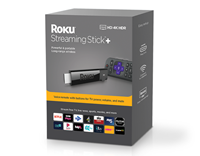
You’ll also need an HDMI 2.0 input that supports HDCP 2.2. The thing here is that all devices involved need to support HDMI 2.0 with HDCP 2.2. If you have more devices in the chain, they all need to be compatible with these protocols.
Another hugely important factor is your internet connection. You may be used to devices requiring no more than the recommended 10Mbps, but at least 25Mbps is needed for 4K HDR streaming. The reasoning behind this is simple: the larger the resolution the larger the file size. You’ll need more bandwidth to stream bigger files.
Enabling 4K
4K resolution should be available automatically on Roku TV devices, at least if you’re using the Roku app. The same most likely goes for any smart TV that you have. However, if you’re interested in going HDR, you may have to do some tweaking. For instance, on Samsung TVs that are HDR-ready, this setting is called HDMI UHD Color. On LG TVs, it’s called HDMI ULTRA DEEP COLOR. On Sony TVs, it’s called Enhanced mode. The names may differ across the brands.
4K on Roku
4K technology is an integral part of most new Roku models, along with HDR. Before going ahead and buying a Roku, however, make sure that it (and all other devices) is 4K HDR compatible, just to be sure that you aren’t causing an unnecessary complication for yourself.
Is your Roku 4K HDR compatible? Do you use a Roku TV? Which model? Have you tried the Hisense? Are you satisfied with your 4K HDR picture? Feel free to join in on the discussion in the comments section below.





